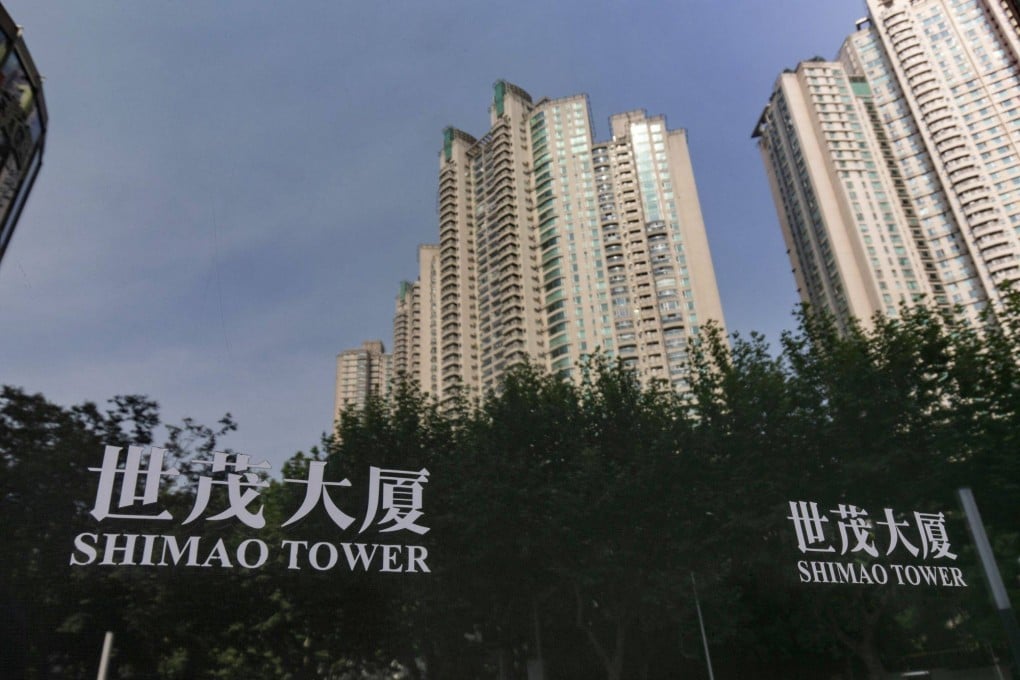China bond defaults hit US$20 billion in 2022, more than double last year’s total, as property developers teeter
- The value of defaults in China this year has already exceeded last year’s totals, experts say
- Property developers account for the bulk of defaults so far and will do so for the rest of this year, analysts say

The value of bond defaults in China in 2022 has already more than doubled the full-year total from last year, as the accelerating debt crisis in the country’s US$2.7 trillion property market spills over into other areas of the economy.
Defaults by Chinese issuers have exceeded US$20 billion so far this year, compared with about US$9 billion for all of last year, with property developers accounting for most of the defaults, said Augus To, deputy head of research at ICBC International.
“The defaults may be peaking this year,” he said. “Uncertainties will linger on in the remainder of the year or even next year. Improvement may come, but will take a longer time to materialise.”
A total of 19 Chinese companies – 18 of them property developers – have defaulted in the offshore market so far this year, close to the whole-year total of 21 in 2021, according to Meng Ting, senior Asia credit strategist at ANZ Bank China.
For this year, she foresees a slightly higher default rate for both onshore bonds – rising to 2.2 per cent or 2.3 per cent from around 1.9 per cent – and in the offshore market, where she does yet have a specific projection.
